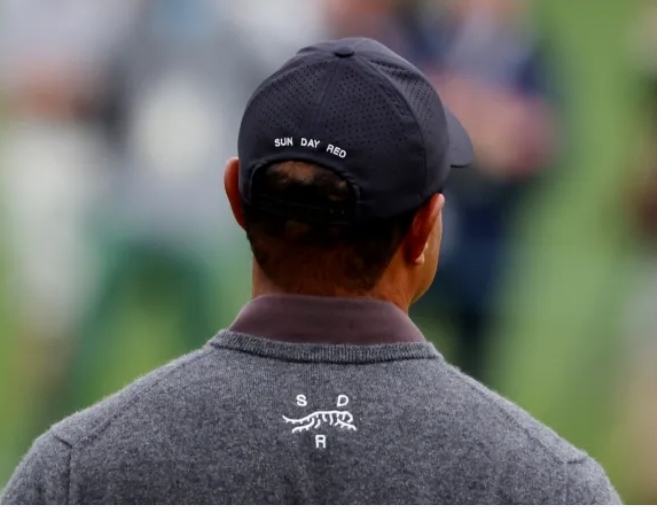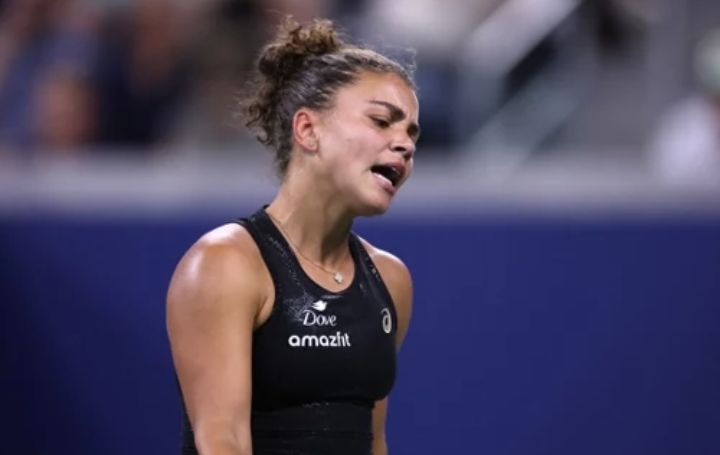Rory McIlroy ‘resented’ Olympics after it forced him to make uncomfortable decision
Rory McIlroy, one of golf’s most acclaimed players, has candidly shared his complex emotions surrounding his involvement in the Olympics, a topic that became particularly poignant as he prepared for his second appearance in the Games. The golfer, who has won four major championships and accumulated 26 PGA Tour victories, was thrust into a personal and professional dilemma regarding which country he should represent at the Tokyo 2020 Olympics, a situation that he admitted left him feeling considerable resentment.
As the 2021 Olympics approached, McIlroy faced a challenging choice between representing Ireland or Great Britain. Born in County Down, Northern Ireland, McIlroy was eligible to compete for either, a decision complicated by his deep-rooted connections and past affiliations. His career had seen him play for Ireland at junior and amateur levels, which initially seemed to make his choice straightforward. However, the political and personal implications of such a decision were anything but simple.
The controversy surrounding McIlroy’s national allegiance had been a significant talking point, particularly because he had missed the 2016 Olympics—the first time golf was included in the Games since 1904. The absence from Rio de Janeiro had given him more time to ponder the implications of his eventual decision. As the Tokyo Games approached, the debate intensified, placing McIlroy in an uncomfortable and scrutinized position where he was compelled to deeply evaluate his identity and loyalties.
Reflecting on this period, McIlroy expressed his frustration and the emotional toll it took on him. He recounted to the Sunday Independent how the Olympic process forced him to confront questions about his personal identity and allegiance. “All of a sudden it put me in a position where I had to question who I am. Who am I? Where am I from? Where do my loyalties lie? Who am I going to play for? Who do I not want to (upset) the most?” McIlroy admitted, revealing his struggle with the situation.
The internal conflict led him to a place of resentment towards the Olympic Games. McIlroy acknowledged that this feeling stemmed from the difficult decisions and emotional turmoil he experienced as he grappled with the question of where his true loyalties lay. “I started to resent it. And I do. I resent the Olympic Games because of the position it put me in,” he confessed. This candid admission underscores the personal and emotional complexities athletes can face when national identity and representation are involved in global sporting events.
Despite these challenges, McIlroy ultimately chose to represent Ireland at the Tokyo Games. This decision was guided by his previous associations with the country and the deep-seated connections he had developed throughout his career. Although the choice was fraught with difficulty, the experience proved to be a positive one for him. Reflecting on his participation, McIlroy noted that he found the Olympic experience to be uniquely rewarding. “It’s a wonderful experience. I’ve never done anything like that before,” he stated.
McIlroy’s decision to participate in the Olympics, despite his initial reservations, seems to have been validated by his reflections post-Games. He acknowledged that had he not competed, he likely would have regretted missing out on such a significant opportunity. “So at the end of the day, I think with where golf is, with it being part of the Olympic movement, I think if I had to look back on my career and not played in one [Olympic Games], I probably would have regretted it,” McIlroy observed.
As McIlroy gears up for his second Olympic appearance in Paris, his experience and reflections on the matter provide a deeper understanding of the personal dimensions that can impact an athlete’s career. His journey through this challenging decision-making process highlights the complex interplay between national identity, personal values, and the broader scope of international competition.






